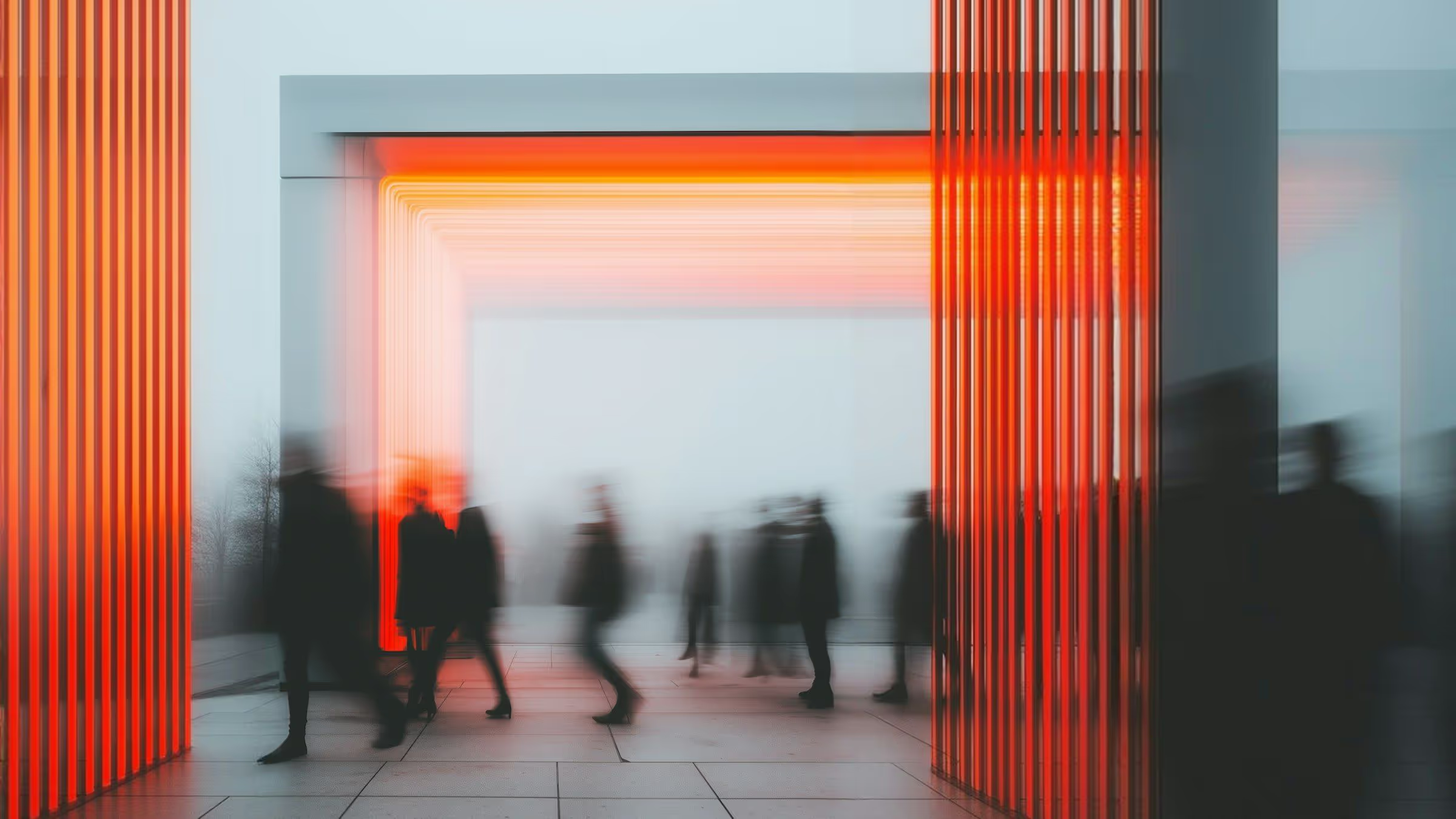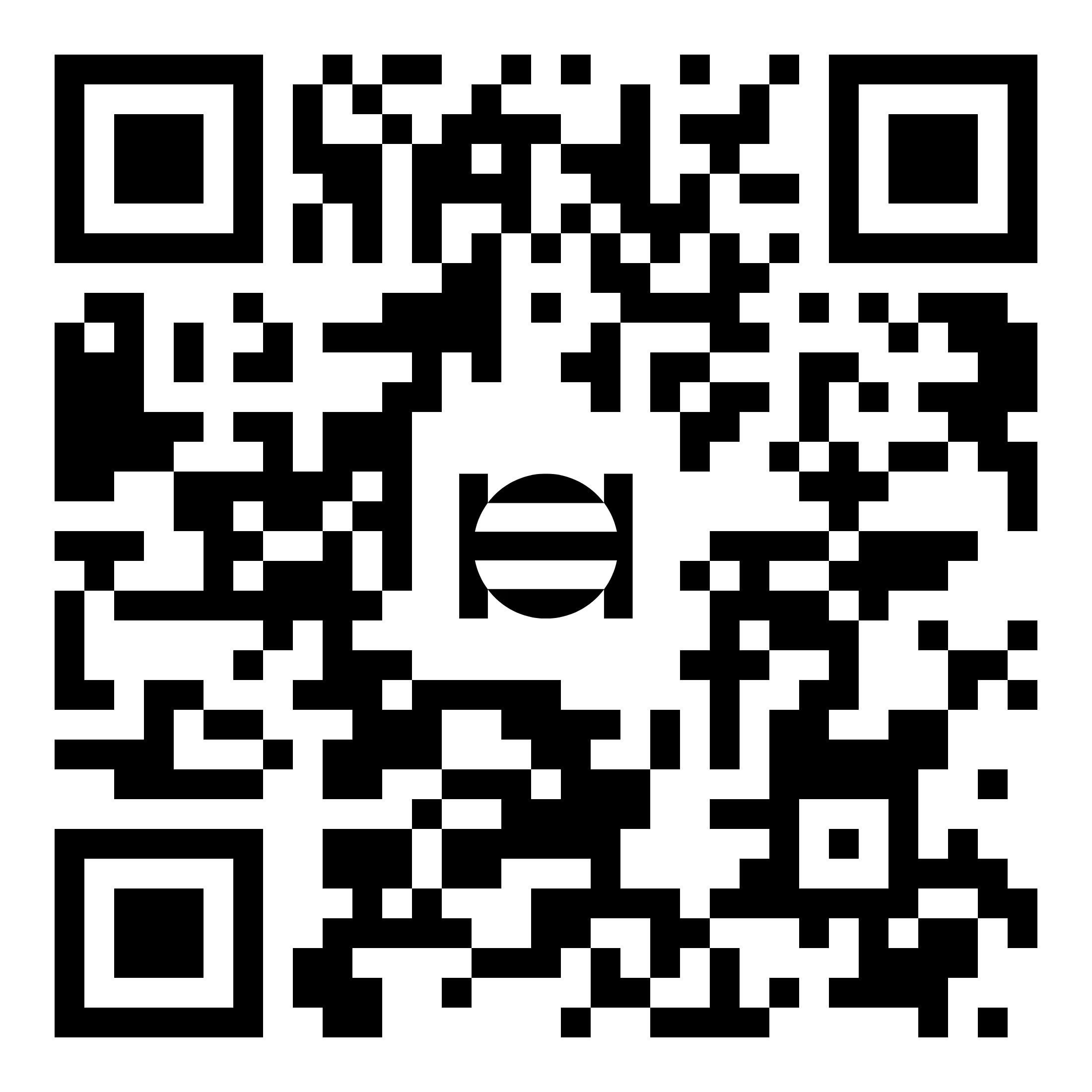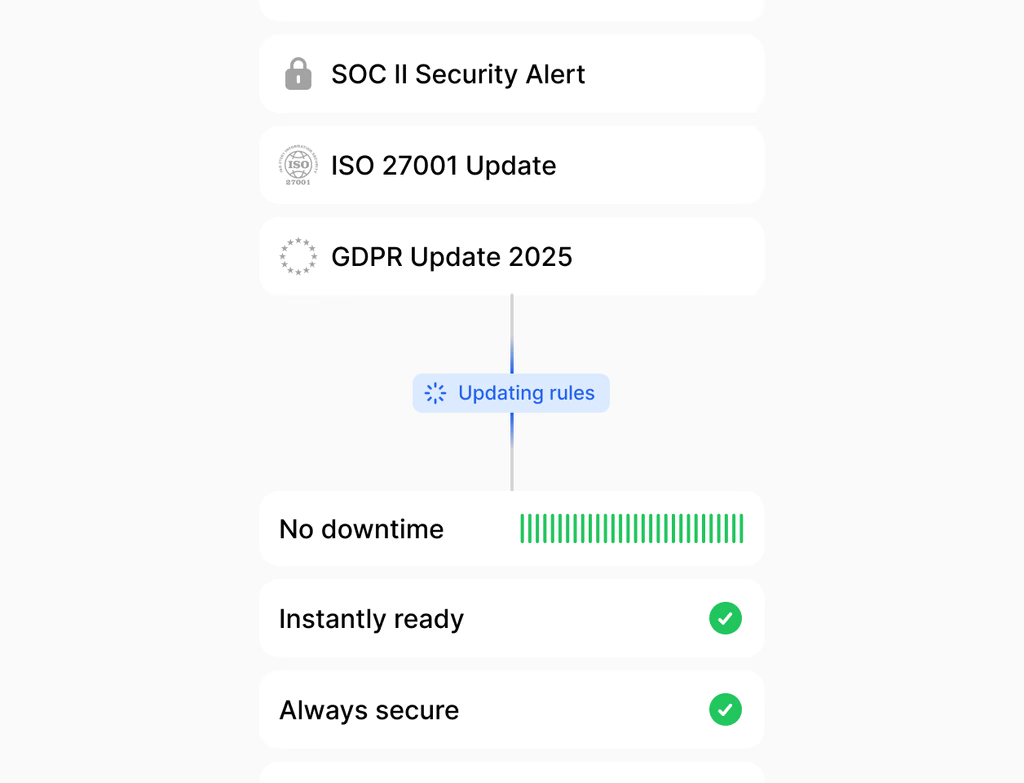What does the Hoop HIPAA and BAA feature include?
The HIPAA and BAA feature establishes a healthcare-grade privacy and security program necessary for handling Protected Health Information (PHI). It is designed for covered entities and business associates in the healthcare space who need to run patient engagement, care coordination, and support workflows.
This includes technical and contractual safeguards aligned with HIPAA requirements, ensuring that security is a core product feature. The program satisfies enterprise procurement standards and unlocks critical clinical and payer use cases without creating operational friction for your teams.
Do we need a signed Business Associate Agreement before starting?
Yes, if you are a covered entity or a business associate handling PHI, a signed BAA is a contractual necessity to comply with HIPAA. Hoop provides standard BAA language that clearly enumerates covered services, defines permitted uses of PHI, and makes breach responsibilities crystal clear.
Our standard terms are ready for review and signing as part of the onboarding process. This foundational agreement ensures all parties understand their obligations regarding PHI, enabling secure and compliant operations within the Hoop platform from day one.
How does Hoop ensure security and control of Protected Health Information?
Hoop employs a comprehensive suite of safeguards and administrative controls to protect PHI. These measures focus on data protection, access management, and auditability.
Key technical safeguards include:
- Encryption in transit and at rest with regular key rotation and TLS policy enforcement.
- Fine-grained access controls, SSO/SCIM, IP restrictions, and robust session management.
- Data minimization defaults, purpose-of-use tagging, and redaction tools for sensitive data.
This approach ensures minimum necessary access and strong protection throughout the platform.
Which pricing plans include the HIPAA and BAA feature?
The HIPAA and BAA feature is available on the higher-tier plans to support the necessary compliance and infrastructure required for healthcare operations. Customers can access this robust security program on the following plans:
These tiers are structured to provide the technical depth and operational governance required by organizations that manage PHI, integrating security seamlessly into their workflows without needing complex add-ons or separate compliance infrastructure.
What is included in the operational governance for compliance?
Operational governance focuses on the policies and processes that align people and technology with compliance requirements. This structure is essential for maintaining a secure environment beyond technical safeguards.
Operational controls within the Hoop platform address:
- Policies and Training: Documented incident response, breach notification protocols, and mandatory workforce training.
- Vendor Management: Vetting of all sub-processors with contract flow-downs and attestation tracking.
- Risk Management: Running periodic risk assessments and remediating issues with defined owners and due dates.
How is the process for supporting necessary compliance audits streamlined?
Hoop significantly reduces the burden of audit preparation, transforming a weeks-long process into hours. The platform features centralized audit logging with retention and export capabilities.
To support audits, Hoop provides:
- Exportable, centralized audit logs for all relevant system activities.
- Access review functions to verify least-privilege roles are consistently enforced.
- Evidence packages that document compliance efforts and controls.
These functions ensure auditability and accountability, allowing your team to quickly produce necessary documentation for compliance reviews.
Can Hoop accommodate specific requirements for data residency?
Yes, the Hoop platform offers flexibility regarding where your data is stored. While standard deployments are secure and compliant, we understand that certain programs have stricter requirements for geographical data storage.
We maintain full transparency by disclosing all sub-processors, regions, and associated safeguards. Optional EU or region-specific hosting is available for customers who need specific data residency to meet stricter local or regional compliance mandates.








